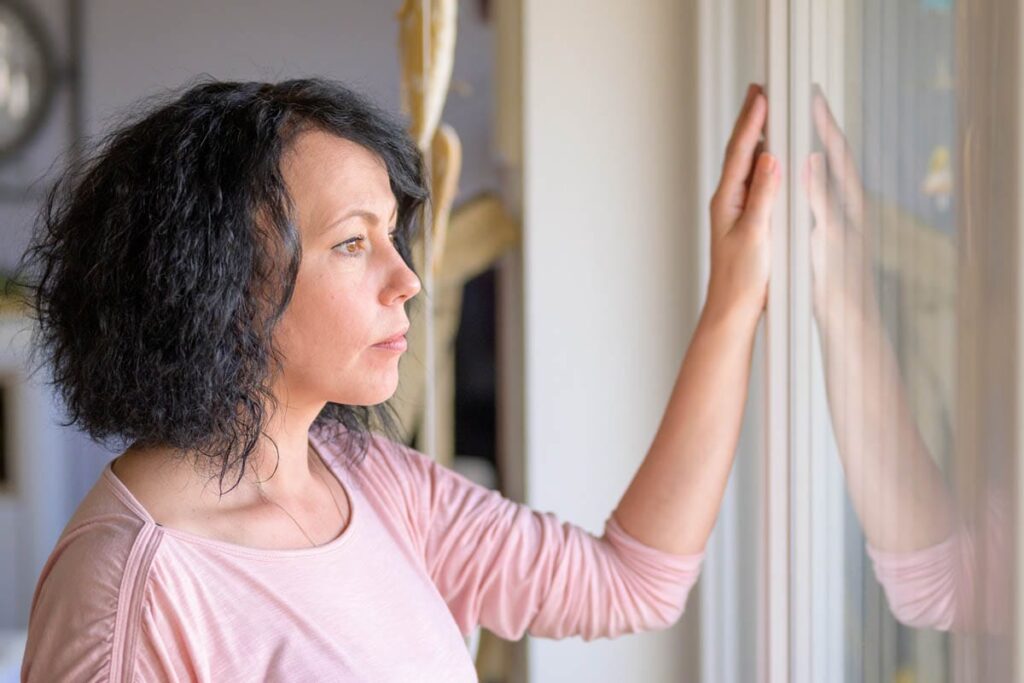Drug and alcohol rehab centers are highly valuable resources to the communities they serve. Most people think of treatment facilities as places where addicts go to get clean. However, these centers can also be powerful sources of information sources for people who struggle with addiction and for their friends and family members. In addition to administering treatment and care to people who are enrolled in a recovery program, rehab centers can also provide the following resources.
Learn About Rehab Options
People who are looking into treatment options can receive the information they need by contacting a rehab center. There is no obligation to enroll when you contact a rehab center. You can even call anonymously. Addiction specialists understand that it may take some time to commit to enrolling in a treatment program. Furthermore, learning about the different types of rehab centers and treatment modalities can help you feel more comfortable and less anxious about the possibility of entering rehab.
Get Help with Staging an Intervention
Addicts are not the only people who should contact treatment centers. Family members of people who have addictions may also seek out information for their loved one and help for themselves. If you are thinking of confronting a loved one who has an addiction, a treatment center can advise you about safe, effective ways you and other close friends and relatives can communicate your concerns. Addressing a loved one who has an addiction can potentially have a volatile outcome. Therefore, it is important to first consult a professional who understands addiction and the effects of alcoholism and drug abuse on families. Addiction specialists can also help you make it easier for your loved one to speak to an intake counselor or immediately enroll in a treatment center.
Connect with Addiction Support Groups
Treatment centers typically connect program participants with their first support group. People who are new to town or who are completing a rehab program after relapsing can also find a new support group with which to connect. There are standard groups that accept adults of all ages, genders, and backgrounds who are recovering from an addiction to the same or similar substance. There are also other groups that are based on personal interests like certain professions, cultural backgrounds, and gender-based groups. A recovery center can advise you regarding groups that meet in your area and particular group themes that may be of interest to you.
Find Resources to Support Addicts’ Family Members
Family members of people who have a substance addiction often require resources to help them navigate the relationship with addicted loved ones. Treatment centers often offer family workshops that allow family members to attend an educational or therapeutic session with the loved one who is in recovery. Many rehab centers offer family-themed workshops and counseling sessions on a weekly basis. Family members may also find support groups that are specifically designed for those who are closest to an individual who is addicted to drugs or alcohol. Family members may attend support groups even if their loved one has not entered treatment.
Get Aftercare Services
Most rehab centers have an aftercare plan for program participants after graduation. People who have completed recovery and do not have an aftercare plan can connect with a treatment center to receive help in putting together a plan that will continue to support the individual’s recovery. Whether you need outpatient treatment, a sober living environment, or more intensive treatment, a rehab center can either provide the services you need or refer you to a center that will help you continue in recovery.
Dual Diagnosis Treatment
In some cases, an individual may struggle with drugs and alcohol due to an underlying mental health condition. There are cases in which the individual is unaware of the condition. Most rehab centers are qualified to diagnose and treat individuals who have a dual diagnosis. In addition to receiving treatment for the addiction, the individual will also receive mental health treatment and, if necessary, medication that will help manage the mental health issue.
Our treatment center is available to serve all members of the community who need treatment for substance abuse and information about addiction. Contact us today at 833.970.2054 to learn how we can support you.











